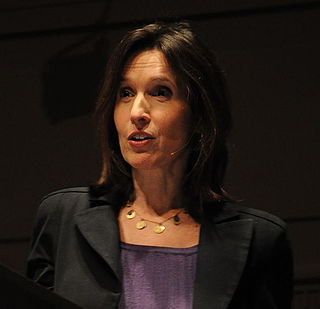A Quote by Angela Merkel
If a market exists for low-paid work, then we should think about how we can make this type of work more attractive by providing government assistance. Of course, the wage-earner must be able to live off of his wages. We will not allow poverty wages or dumping wages. But the wage earner can receive a combined wage that includes both his actual wages and a government subsidy.
Related Quotes
Sharp increases in the minimum wage rate are also inflationary. Frequently workers paid more than the minimum gauge their wages relative to it. This is especially true of those workers who are paid by the hour. An increase in the minimum therefore increases their demands for higher wages in order to maintain their place in the structure of wages. And when the increase is as sharp as it is in H.R. 7935, the result is sure to be a fresh surge of inflation.
Wages? You want to be wage slaves? Answer me that! Of course not. What is it that makes wage slaves? Wages! I want you to be free. Strike off your chains! Strike up the band! Strike three you're out! Remember, there's nothing like Liberty, except Colliers and The Saturday Evening Post. Be free, now and forever. One and individual. One for all and all for me, and tea for two and six for a quarter.
It seems to me both moral and practical that in the richest in nation in the world that someone working full time shouldn't live in poverty. And studies over the last 20 years in states where we have seen these minimum wage increases show there's no discernible impact on employment growth. In fact, what it does is line low-wage workers' pockets with higher wages.
Since it is to the advantage of the wage-payer to pay as little as possible, even well-paid labor will have no more than what is regarded in a particular society as the reasonable level of subsistence. The lower ranks of labor will commonly have less, and if public relief were afforded even up to the wage-level of the lowest ranks of labor, that relief would compete in the labor market; check or dry up the supply of wage-labor. It would tend to render the performance of work by the wage-earner redundant.
I have had the view that cutting wages is not the path to prosperity, and one of the great myths propagated about my attitude to industrial relations is that I believe in lower wages. I've never believed in lower wages. Never. Never believed in lower wages, I've never believed in lower wages as an economic instrument.
What the carburetor, sparkplug and self-starter are to an automobile, initiative, private enterprise and executive ability are to industry as a whole, including the wage earner, wage payer, wage spender and wage saver, i.e., the investor. If the sparkplug and self-starter get out of commission, the car will come to a standstill.











































